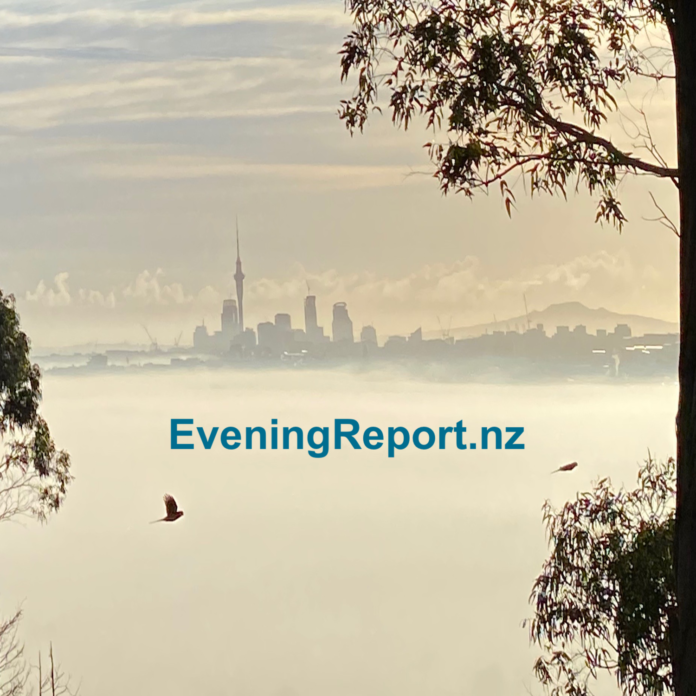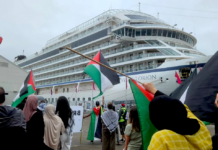As an economy, Fiji has paid a “very high price for being unable to protect freedom” but people can speak and criticise the government freely now, says Deputy Prime Minister Professor Biman Prasad.
He highlighted the “high price” while launching the new book titled Waves of Change: Media, Peace, and Development in the Pacific, which he also co-edited, at the Pacific International Media conference in Suva last week.
Prasad, a former University of the South Pacific (USP) economics professor, said that he, in a deeply personal way, knew how the economy had been affected when he saw the debt numbers and what the government had inherited.
Professor Prasad says the government had reintroduced media self-regulation and “we can actually feel the freedom everywhere, including in Parliament”.
USP head of journalism associate professor Shailendra Singh and former USP lecturer and co-founder of The Australia Today Dr Amrit Sarwal also co-edited the book with Professor Prasad.
While also speaking during the launch, PNG Minister for Information and Communications Technology Timothy Masiu expressed support for the Fiji government repealing the media laws that curbed freedom in Fiji in the recent past.
He said his Department of ICT had set up a social media management desk to monitor the ever-increasing threats on Facebook, TikTok, Instagram and other online platforms.
Fiji Deputy Prime Minister Professor Biman Prasad speaking at the book launch. Video: Fijivillage News
- promote media self-regulation;
- improve government media capacity;
- roll out media infrastructure for all; and
- diversify content and quota usage for national interest.
He said that to elevate media professionalism in PNG, the policy called for developing media self-regulation in the country without direct government intervention.
Strike a balance
Masiu said the draft policy also intended to strike a balance between the media’s ongoing role in transparency and accountability on the one hand, and the dissemination of developmental information, on the other hand.
He said it was not an attempt by the government to restrict the media in PNG and the media in PNG enjoyed “unprecedented freedom” and an ability to report as they deemed appropriate.
The PNG Minister said their leaders were constantly being put in the spotlight.
While they did not necessarily agree with many of the daily news media reports, the governmenr would not “suddenly move to restrict the media” in PNG in any form.
The 30th anniversary edition of the research journal Pacific Journalism Review, founded by former USP Journalism Programme head Professor David Robie at the University of Papua New Guinea, was also launched at the event.
The PJR has published more than 1100 research articles over the past 30 years and is the largest media research archive in the region.
Republished from Fijivillage News with permission.
Article by AsiaPacificReport.nz






